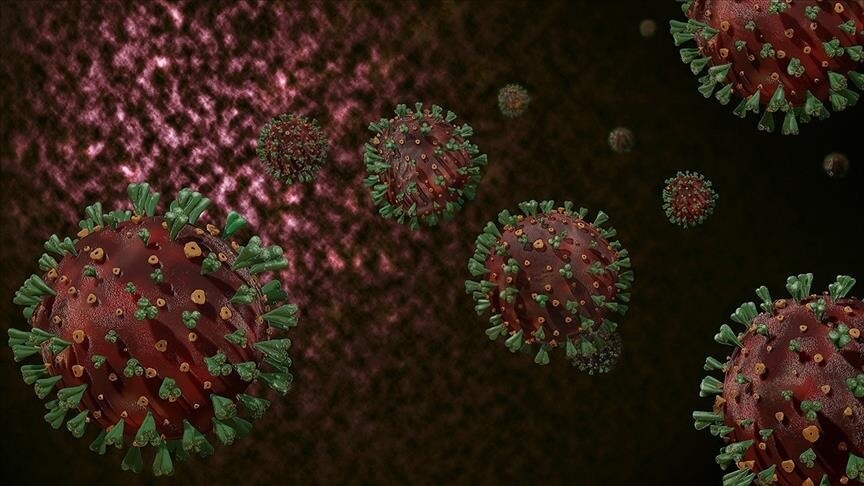
Zimbabwe Government Approves Anti-Parasitic Covid-19 Drug
The Zimbabwe Government has approved mass importation of the veterinary anti-parasitic drug, Ivermectin, as it battles the second wave of COVID-19 infections which have rattled President Emmerson Mnangagwa’s administration after killing five government ministers.
Robert Mudyiradima, the acting Health secretary wrote to the Medicines Control Authority of Zimbabwe (MCAZ) acting director General Robert Rukwata directing that the drug be approved for use in the treatment of COVID-19 and that it could not “deny those (COVID-19 sufferers) effective treatment regimens”.
“It is in this regard that authority is granted for you to proceed under section 75 of the Medicines and Allied Substances Control Act to allow importation and use of these medicines under the supervision and guidance you outlined,”
“Ivermectin can be evaluated for both treatment and prophylaxis (prevention).”
Government is clinically testing Ivermectin in a bid to establish its efficacy in treating the coronavirus.
Mnangagwa plans to roll out vaccines against the virus during the course of the year.
This was after a prominent medical practitioner, Jackie Stone, stoked controversy in the medical fraternity when she prescribed Ivermectin, Doxycycline and Nano Silver as COVID-19 therapy, reportedly despite lack of clinical evidence that they were safe.
The use of the drug triggered an outcry from some doctors who said they feared patients were being put at risk by being prescribed a drug that had not undergone clinical tests.
Some doctors described the use of the drug as “a worrying combination of therapy for patients with SARSCoV-2 infection and COVID-19”.
The doctors wrote to the Medical and Dental Professional Council of Zimbabwe registrar Josephine Mwakutuya last week demanding the sanctioning of Stone, arguing that “her fitness to continue practising in the country should be reviewed”.
The MCAZ also issued a statement warning against the use of drugs that have not been tested and approved before the government intervened and gave the green light for the importation of the drug, which it said could potentially save lives.

